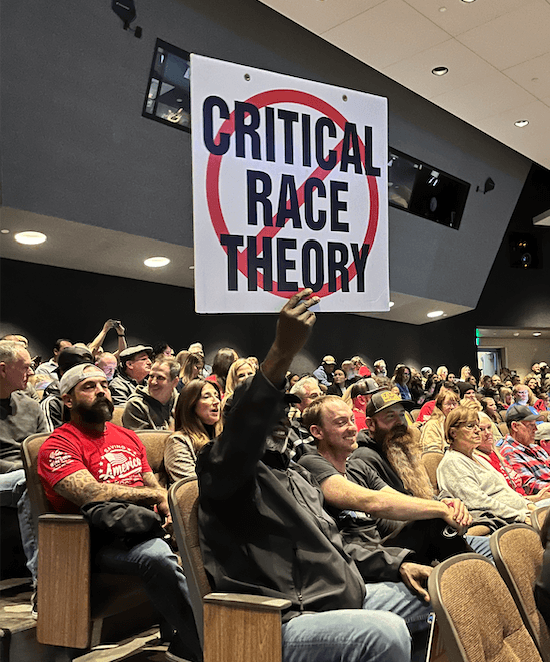In a first in the nation, a New Hampshire federal judge ruled on May 28 that banning teaching critical race theory (CRT) and other “divisive concepts” in schools is unconstitutional.
The ruling, prompted by a legal challenge of the ban by the American Federation of Teachers (AFT) and the National Education Association (NEA), could have a sweeping impact across the U.S., where 44 states have enacted such bans.




